Syria attack, Vimy Ridge anniversary: Maclean’s on the Hill
Tune into our weekly audio debrief on the last seven days in Canadian politics
Share
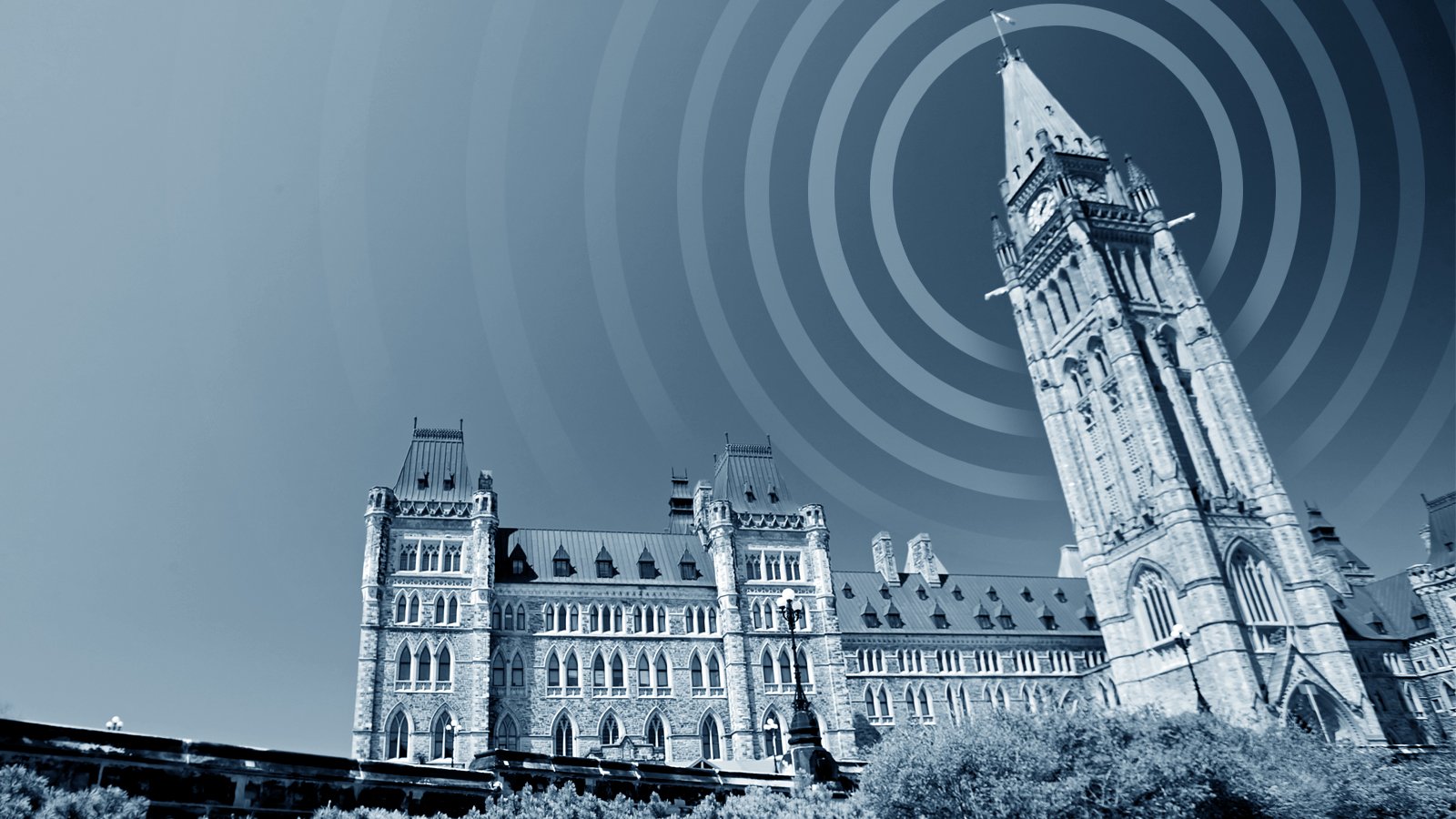
Each week, the Maclean’s Ottawa bureau sits down with Cormac Mac Sweeney to discuss the headlines of the week. This week, the U.S. launched missile strikes against Syria after a deadly chemical attack that killed dozens of people—including many children. Prime Minister Justin Trudeau pledged full support and confirmed Canada was given advance notice of the action. But what’s next? And How far will Canada go? We ask those questions to the parliamentary secretary for foreign affairs, Matt DeCourcey.
We dive deeper into the Syrian situation by looking at the repercussions of the missile strikes, and whether or not the U.S. even had the right to attack. For his analysis, we speak with Craig Forcese, an expert on international law at University of Ottawa.
This weekend marks the 100th anniversary of the Battle of Vimy Ridge. It was a key victory for the Canadian military during World War One, and to review the battle’s impact on our country, we hear from Dr. Andrew Burtch, an historian with the Canadian War Museum.
We finish our show with the Ottawa Power Rankings, letting you know the stars of the past week in Canadian politics, as well as those who deserve a red card.
Subscribe on iTunes today or play below.
The full episode
Part 1. What will Canada do about Syria?
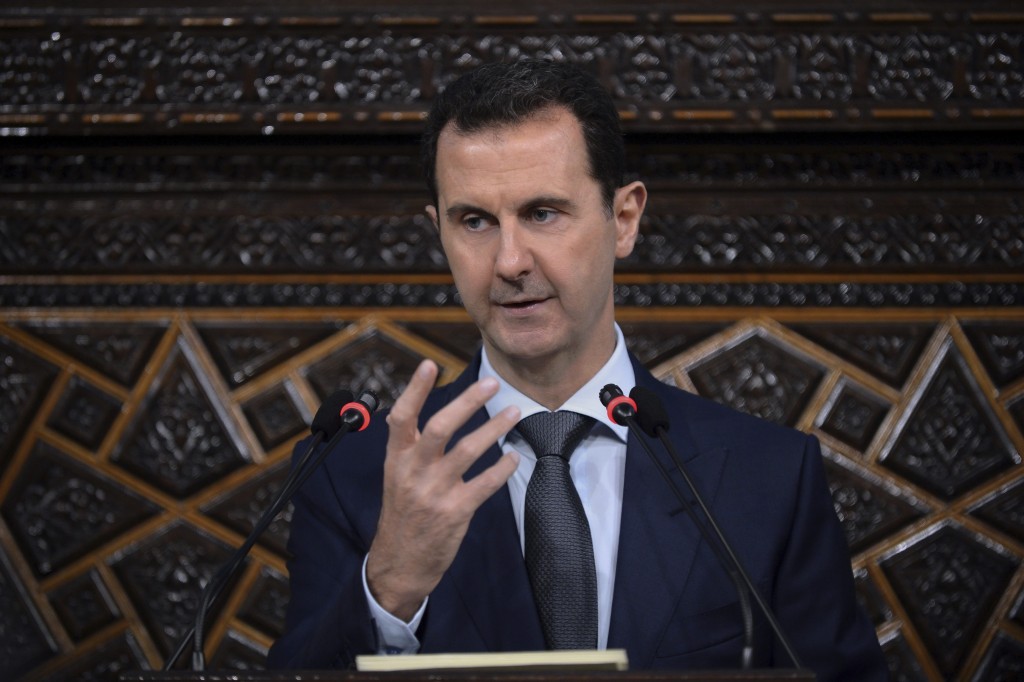
The U.S. launched missile strikes against Syria after a deadly chemical attack that killed dozens of people—including many children. Prime Minister Justin Trudeau pledged full support and confirmed Canada was given advance notice of the action. But what’s next? And How far will Canada go? We ask those questions to the parliamentary secretary for foreign affairs, Matt DeCourcey.
Part 2. Did the U.S. have the right to attack Syria?
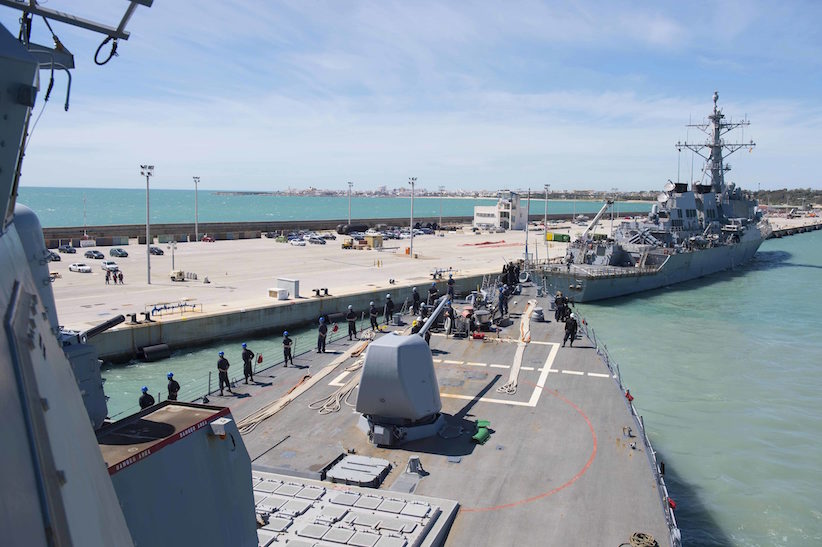
We dive deeper into the Syrian situation by looking at the repercussions of the missile strikes, and whether or not the U.S. even had the right to attack. For his analysis, we speak with Craig Forcese, an expert on international law at University of Ottawa.
Part 3. Canada commemorates 100 years since Vimy
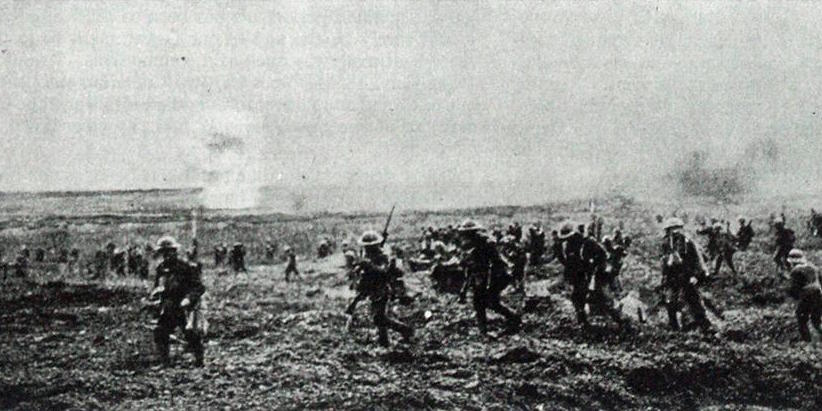
This weekend marks the 100th anniversary of the Battle of Vimy Ridge. It was a key victory for the Canadian military during World War One, and to review the battle’s impact on our country, we hear from Dr. Andrew Burtch, an historian with the Canadian War Museum.
Part 4. Shannon Proudfoot’s Ottawa Power Rankings
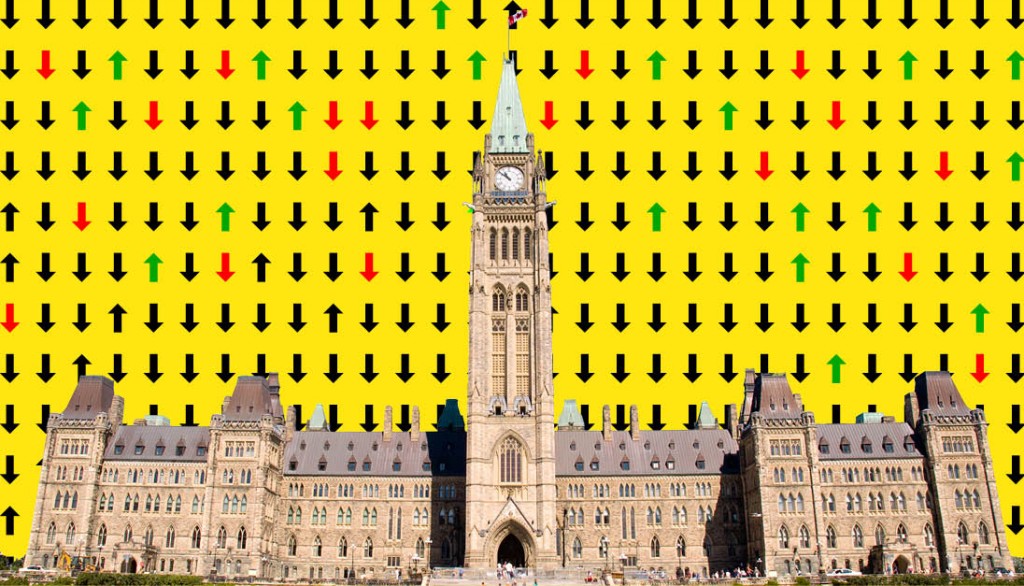
We finish our show with the Ottawa Power Rankings, letting you know the stars of the past week in Canadian politics, as well as those who deserve a red card.
[widgets_on_pages id=”Politics”]